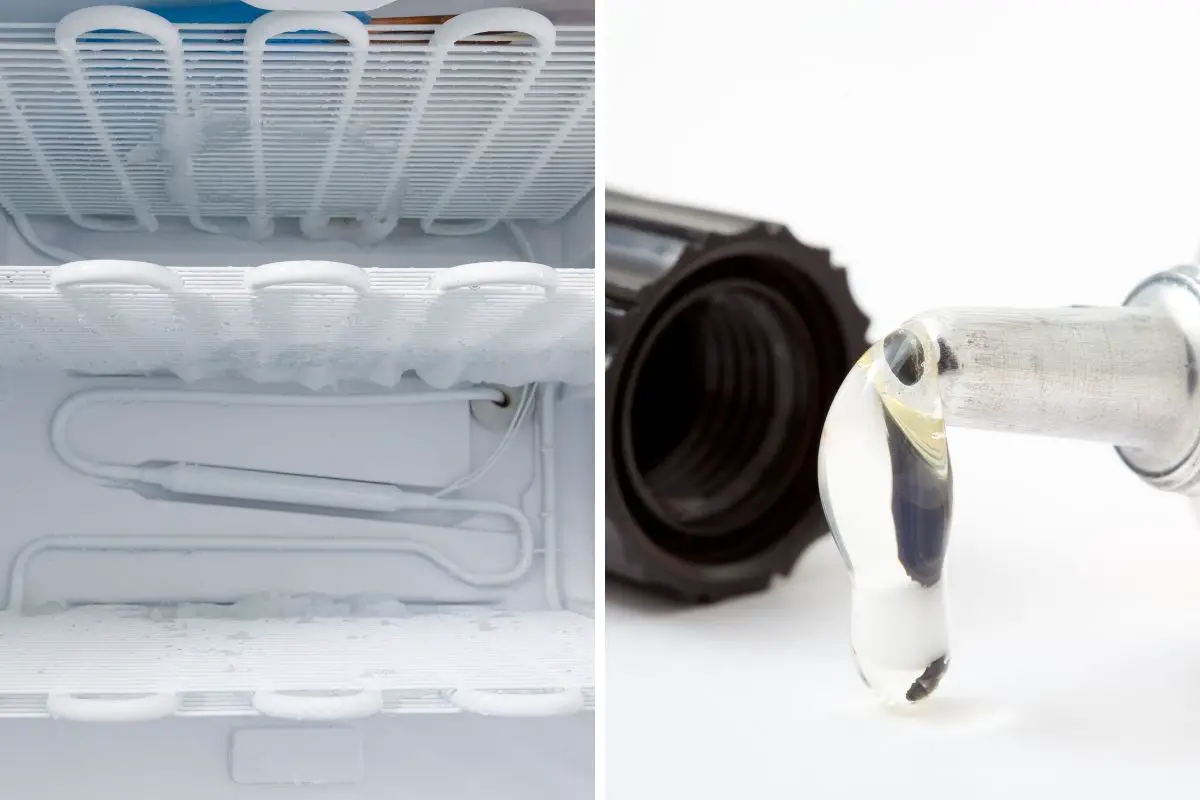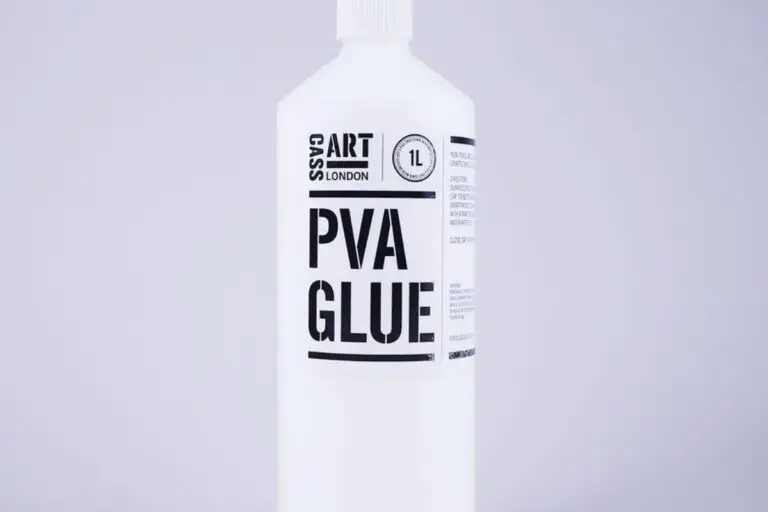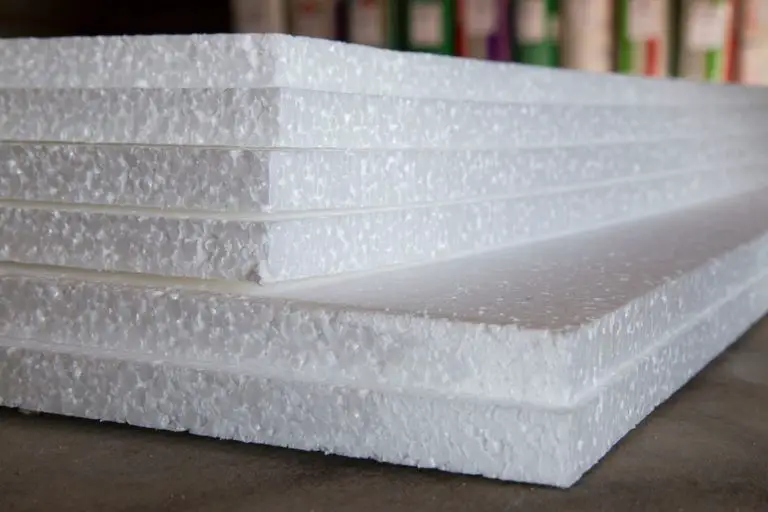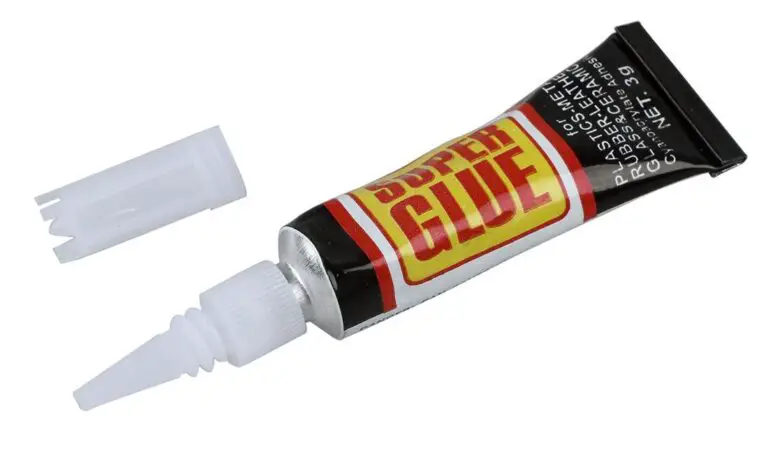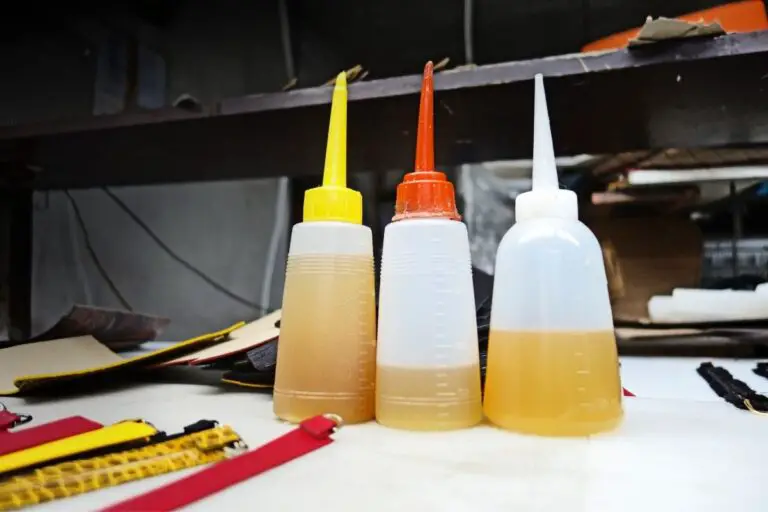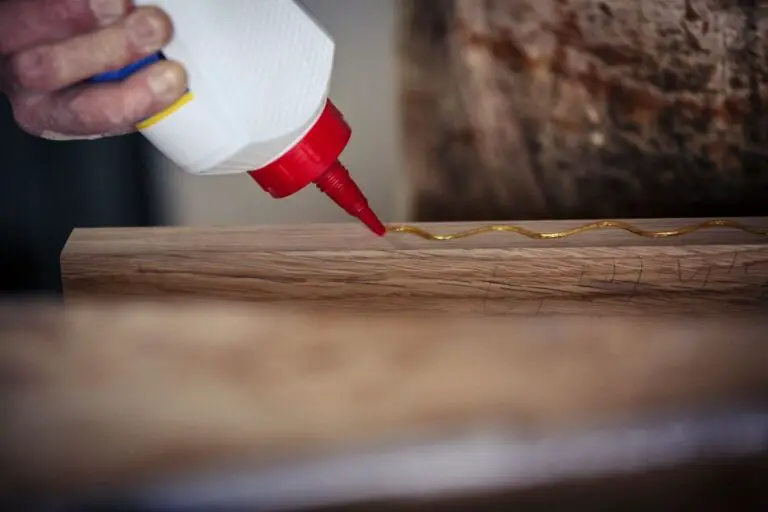Can Glue Freeze? What Happens If You Put Glue in the Freezer?
Some people store glue in a fridge or refrigerator to make it last longer. However, all kinds of glue will start to freeze if they’re stored at a certain temperature. This can have varying results, depending on the chemical structure of the glue.
So, can glue freeze? You can freeze glue, however, it’s not recommended because it might destroy the chemical structure of the glue making it more brittle or even ineffective once it’s unfrozen. This depends mainly on the kind of glue you’re freezing and its chemical structure. Some glues have very low freezing points so they will not be completely damaged.
Keep reading to learn more about different kinds of glue and what happens if you freeze them.
Contents
What You Need to Know About Different Kinds of Glue
There are various kinds of synthetic glue that are made from different chemicals.
So, let’s take a brief look at some of the most common kinds of glue used in households:
White Elmer’s Glue

It is also known as PVA glue.
It’s made through a series of chemical reactions involving various chemical components including polyvinyl acetate, ethanol, acetone, and water.
The water modifies the glue’s consistency and keeps it in a liquid state while the rest of the chemical components affect how fast the glue dries.
Gorilla Glue

It’s one of the strongest kinds of glue and it’s completely waterproof.
It’s mainly made from a chemical compound called polyurethane. It also contains diphenylmethane-diisocyanate, isomers, and homologs.
It dries fast and can be used on various kinds of surfaces including metal, stone, wood, ceramics, foam, and even glass.
Superglue

It’s also known as Crazy Glue.
It’s mainly made from a chemical compound called cyanoacrylate which gives it the ability to bond quickly and strongly with various kinds of surfaces.
It needs to be applied on a surface with some degree of moisture for its molecules in the glue to react and bond.
Can You Freeze Glue?
You can freeze glue. As mentioned before, different kinds of glues are made from different chemicals, and all chemicals have a certain freezing point.
However, freezing glue can have damaging effects, so most household glues will become ineffective if you freeze them before they are cured. If the glue is already applied and fully cured, it will be able to withstand freezing temperatures more, but it will become a little more brittle.
What Is the Problem with Freezing Glue?

The effect that freezing has on glue varies depending on the chemical structure of the glue.
PVA-based glue contains water that acts as a solvent to keep the glue in a liquid form until you want it to stick. When you apply PVA glue on a surface, the water will be exposed to air and gradually evaporate leaving behind the adhesive components to solidify and form a strong bond with the surface,
If you freeze PVA glue, the solvent will solidify before the adhesive components. This will cause the solvent and adhesive to separate then the adhesive components will join together forming a solid clump making the glue unusable.
Other kinds of glue, like polyurethane-based glue and cyanoacrylate-based glue, are made from one main adhesive ingredient without solvent.
These kinds of glue have a much lower freezing point. They will become less reactive when frozen and they might take longer to cure but they will not be permanently damaged.
What Is the Freezing Point of Glue?
The freezing point of the glue is the temperature at which the glue will start to crystallize or solidify. It mainly depends on what chemical the glue is made of.
- PVA glue contains water which freezes at 0°C (32°F)
- Gorilla Glue contains polyurethane which freezes at -60°C (-76°F)
- Superglue contains cyanoacrylate glue freezes at -80°C (-112°F)
What Kind of Glue Can Be Frozen?
There are some kinds of glue that are designed to be used in freezing conditions and still cure without becoming brittle.
A good example of this is E6000 glue which is a rubber-based adhesive that freezes at -40°C (-104°F). It’s completely waterproof and remains flexible when cured. It can also be applied on most surfaces with the exception of some types of plastic.
Can You Unfreeze Glue?
If you freeze glue and it solidifies inside the container, you might be able to melt it back to liquid.
However, keep in mind that freezing glue might cause it to weaken or lose its adhesive properties, so it will be impossible to make it sticky again by melting it.
How to Unfreeze Glue?
Unfreezing glue is very simple, all you need to do is expose it to a high degree of heat. But, you need to make sure that the heat will not melt the glue’s container.
Here’s how you can do that.
- Pour boiled water into a wide container then put the frozen glue container in the water until it’s completely submerged.
- Leave the glue container to soak in the water for 10 to 15 minutes before taking it out.
- Wait until the container is cool to touch then press on it to check if the glue inside has melted.
- If the glue doesn’t melt completely the first time you heat it, repeat the previous steps a few more times until all the glue is back to liquid form.
Related Questions
Can You Freeze Animal-Based Glue?
You can freeze animal-based glue, but that will damage it and make it completely useless. That is because animal-based glues are made from a protein compound called collagen which is found in various body parts and connective tissue. When frozen, the collagen will break down and lose its flexibility as well as adhesive properties.
You can learn how animal-based glue is made in my post on is glue made from horses here.
How Long Does It Take for Glue Dry?
It usually takes about 12 to 24 hours for glue to dry but it could also take a lot longer than that. How fast glue takes to dry is affected by several factors including what the kind of glue you’re using is made of, the amount of glue used, how many layers are applied to the surface, the kind of surface you’re applying the glue on, and the temperature of the room you’re working in.
You can learn how to make glue dry faster more quickly here.
How to Prevent Glue from Drying in the Container?
To prevent glue from drying in the container, you need to make sure that its container is tightly sealed when you’re not using it and that it’s stored in a dry location. This will minimize the glue’s exposure to air and prevent it from completely losing its moisture. You can also put the glue container in a sealable bag with a small package of silica-gel to help trap and retain moisture.
Helpful Resources
If you like this article, share it!

